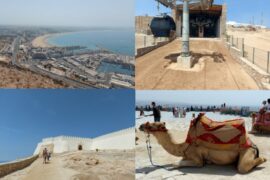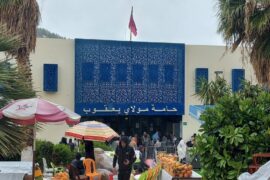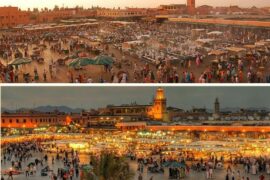Things to do in Fez, Morocco
Fez or Fes is located in the north-eastern of Morocco. It was the capital of Morocco from its creation in 789 until 1069 and now, it is considered the cultural capital of the kingdom. As a tourist, you will appease your thirst for the discovery of many monuments well preserved and museums. Carved cedar panels and delicate mosaics decorate Medina houses and religious schools dating back to the 14th century.
The imperial city of Fez, with the oldest medina in the world, became the first registered UNESCO World Heritage Site in Morocco in 1981.
Fez El Bali Quarter
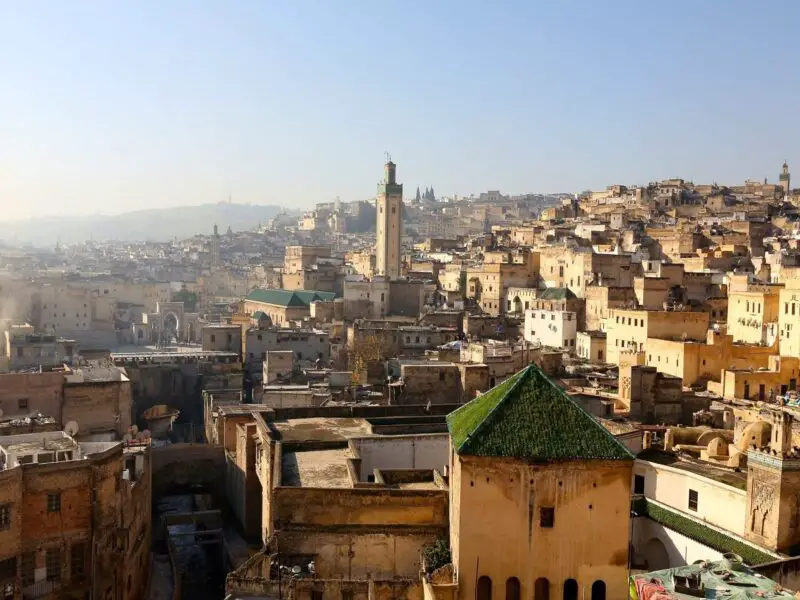
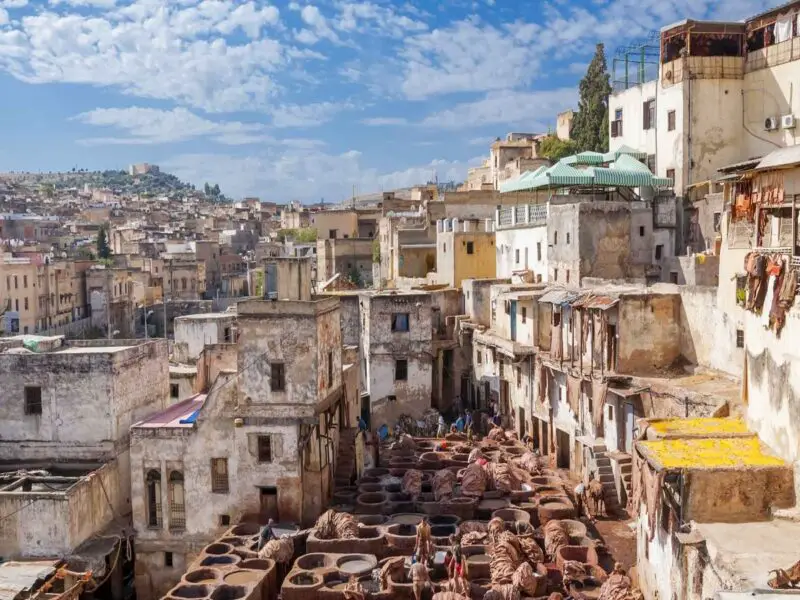
It is an old quarter of the city founded in 809 by the Idriss dynasty. Fez El Bali, the name worn by the medina, has almost 10,000 lanes, each smaller than the other. When you are there, it is easy to get lost to be guided by the beauty of the monuments, agitations of the trade and noises, as well as by tanners and dyers smells.
While browsing it, you will also discover the Al Quarawiyyin mosque and the Andalusian mosque.
Al Quarawiyyin mosque
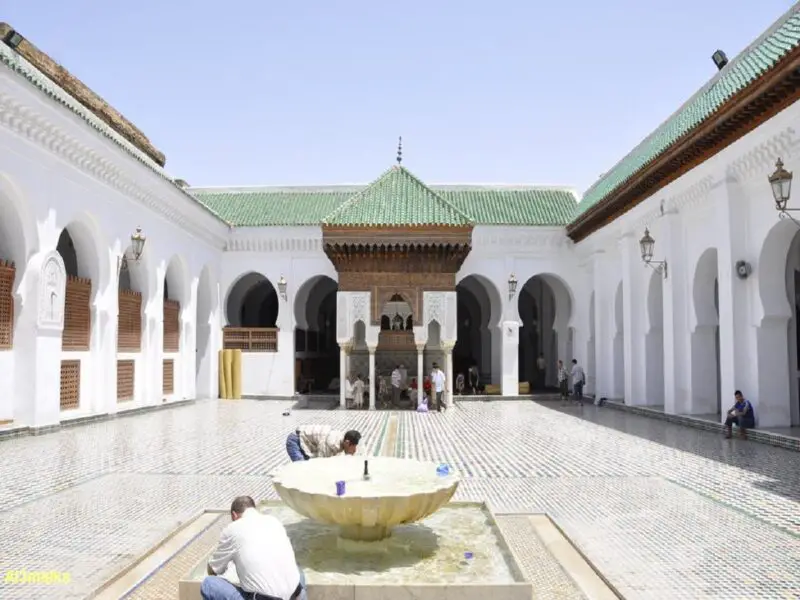
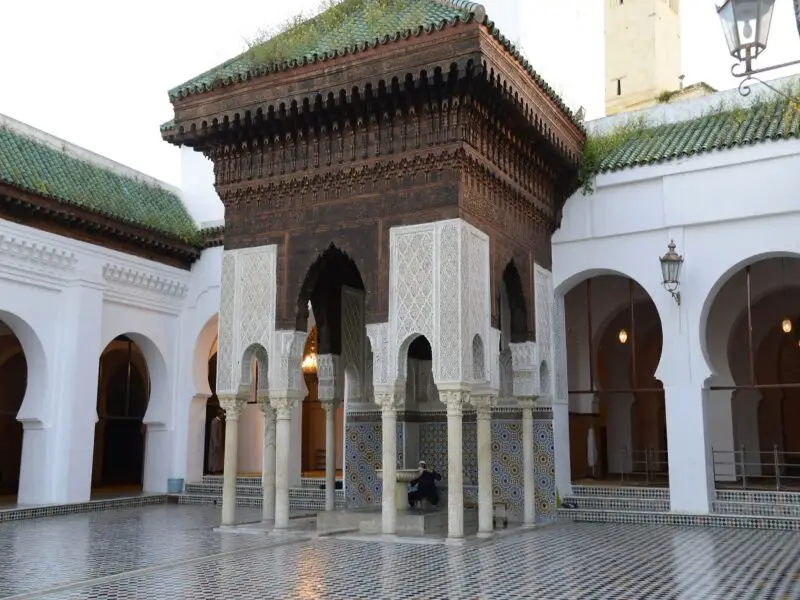
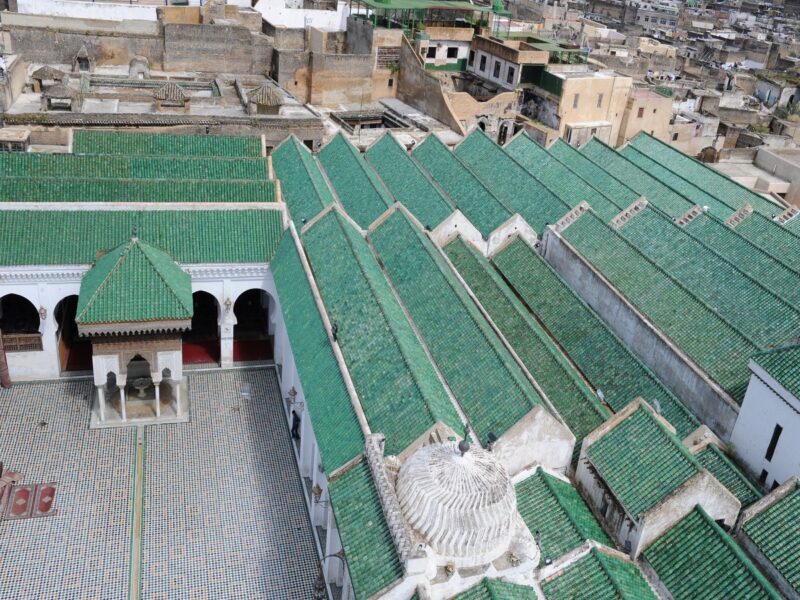
Al Quarawiyyin Mosque is one of the oldest in the Muslim world and the first university in the world. Famous scholars like Ibn Al-Khatib, Ibn Khaldun, and Averroes (Ibn Rushd), have frequented this university. As one of the main spiritual and intellectual centers of Islam, the mosque’s name came from the neighborhood, Kairouan refugees. It houses the headquarters of the Muslim University of Fez. Fatima bent Mohamed el-Fihri, a devout woman from Kairouan, is the first founder of the Al Quarawiyyin Mosque in 859. In 933, this sanctuary was transformed into a mosque and in 956 the zenetes enlarged it. Then, a library, rooms of seclusion, and ablution rooms were added to the building under the reign of the Almohades, Marinades, Saadians, and Alaouites.
Andalous Quarter
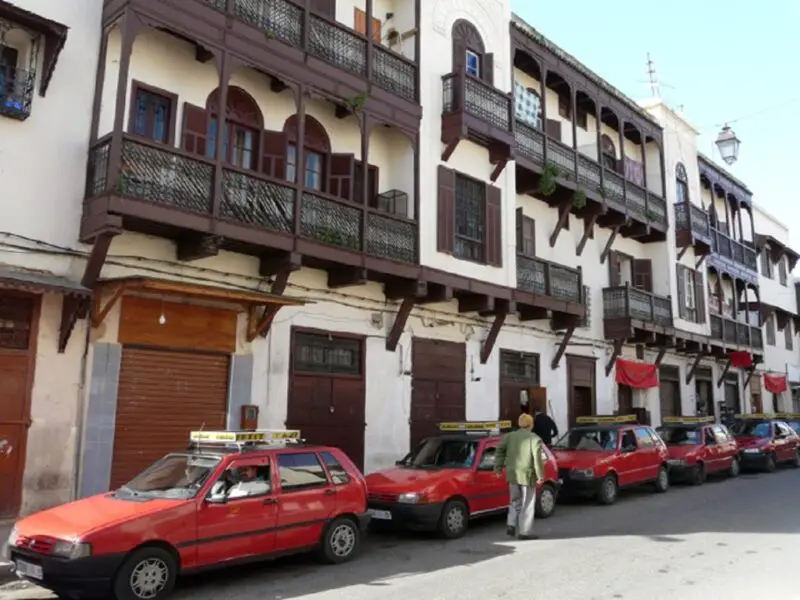
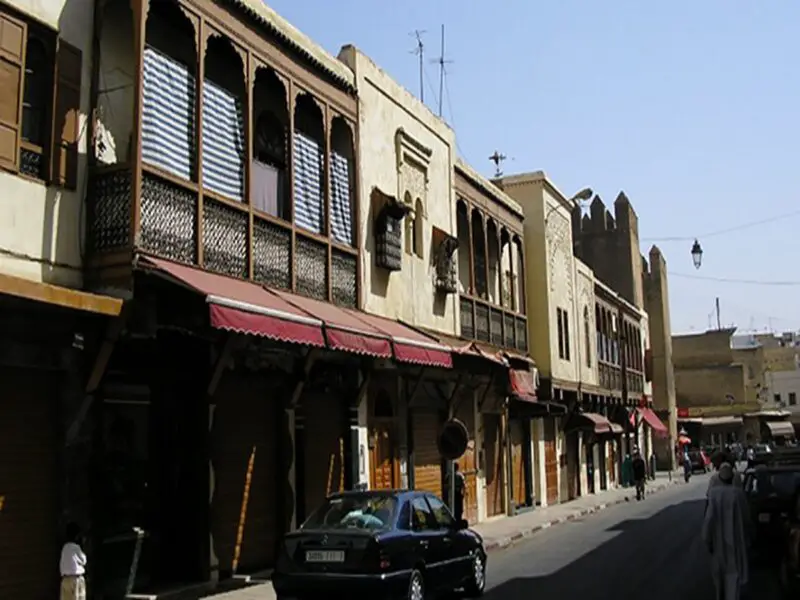
Due to the massive invasion of the Spanish population in Morocco, the Andalusian influence in the kingdom began in the 9th century. Arrived in the north of Morocco and especially Fez, Andalusians have gradually imposed their way of life and culture. Then, the Andalusian district in Fez is born. Today, it is possible to note the shock of culture around two unavoidable sites: The Andalusian mosque, the Es-Sahrij madrasa, and the Muslim theological university.
El jedid Fez District
We can define the district of Fes El Jedid as “A city in the city” built during the 13th century to revive the city and contain the growing population. During the Marinid dynasty, this district became the residence of the princes. Today, to enjoy all the charms of this cultural and historical district, you can spend half a day having a beautiful walk there.
Places to see in the neighborhood :
- Jewish Quarter ( Mellah );
- Alawites Place;
- Royal Gardens and the Royal Palace named Dar El-Makhzen include a mosque and a madrasa (a meeting place for students).
Picture bellow, show Fes Royal Palace gate :
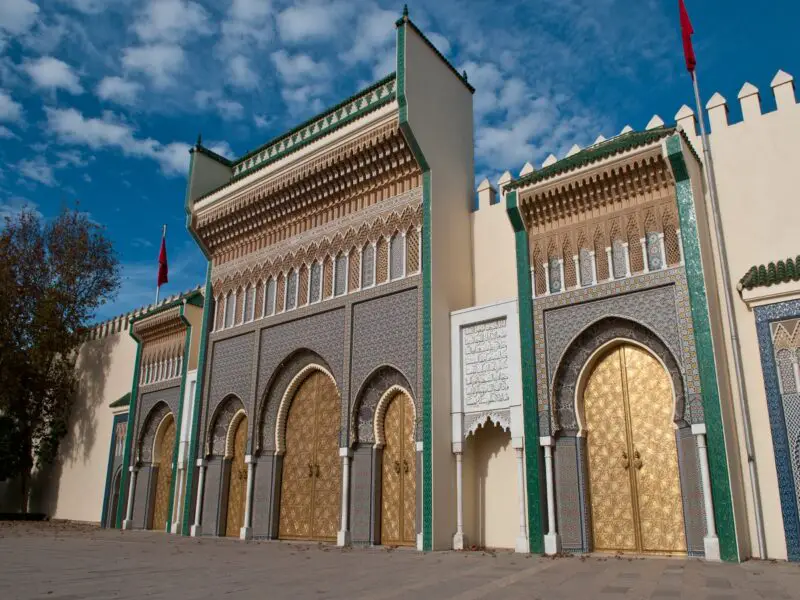
Bab Bou jeloud
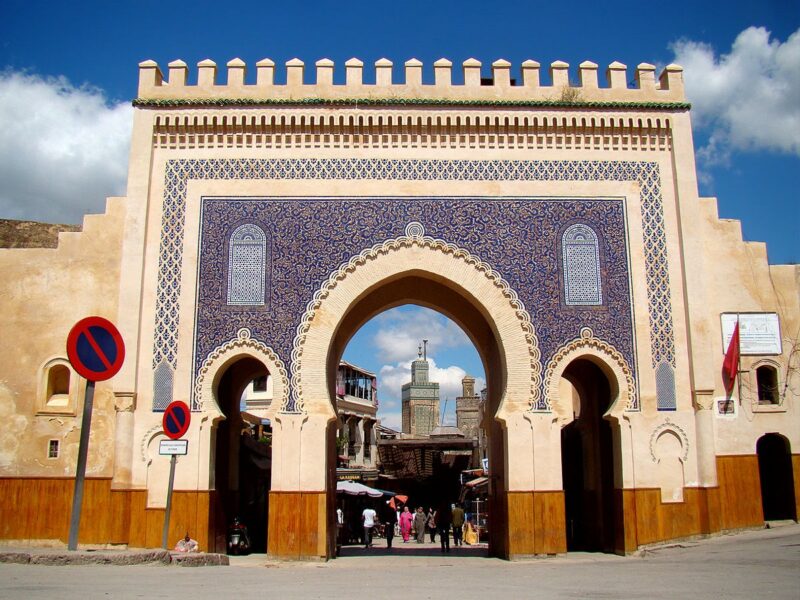
Located inside the medina, in Bab Bou jeloud district entry, you find an immense decorated door of 1913. Also, visitors can go to the dar Batah museum, gathering the Arts and traditions of the city. The latter took place in the palace of the same name and was erected during the 19th century.
In the middle of the 14th century, the Marinid dynasty built the Koranic School Bou Inania with an architecture full of various ornaments. Finally, you can stroll along Talaa Kebira Avenue, one of the longest in Fez city, dotted with shopping.
NB: Bab in Arabic means a door/gate.
Fez Tannery
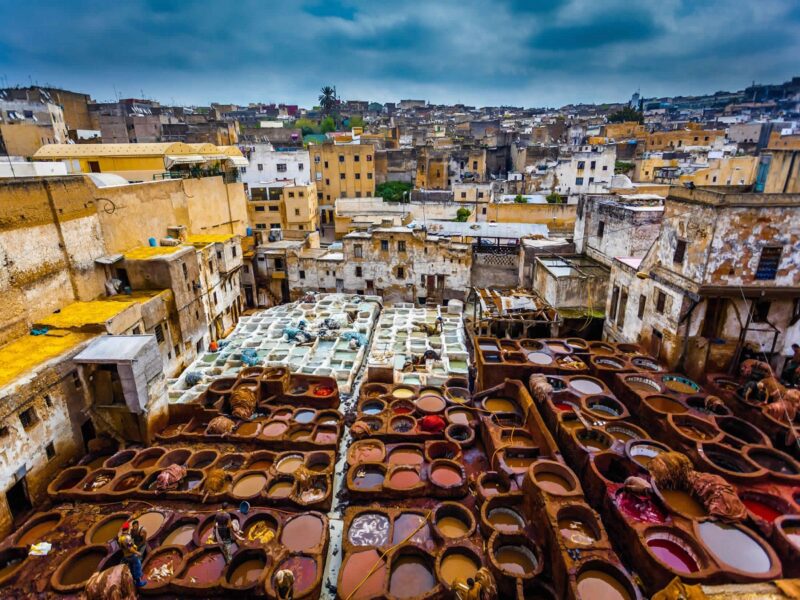
Apart from being a truly spiritual and cultural heart of Morocco, Fez city is known for leather. To access tanners souk, Chouara district, you take Mechatine street which will take you a little away from the center of the Medina. The tanneries of Fez like those of Marrakech, have not changed since the medieval time of Morocco. When you access this area with strong smells, you will immediately find yourself in the heart of the craft by discovering skins transported by donkeys to dry in the sun and a series of multicolored ponds.
In the tannery district, most leatherworkers have a terrace allowing them to observe the wells made of dried earthenware and tiles where they make the tanning and the tapestry of the skins. Tannery district is like a show of sunny colors. While visiting this area, you will discover the process of making babouches, bags, wallets, and other Moroccan picturesque souvenirs made thanks to the old know-how of craftsmen.
Al Attarine Madrasa
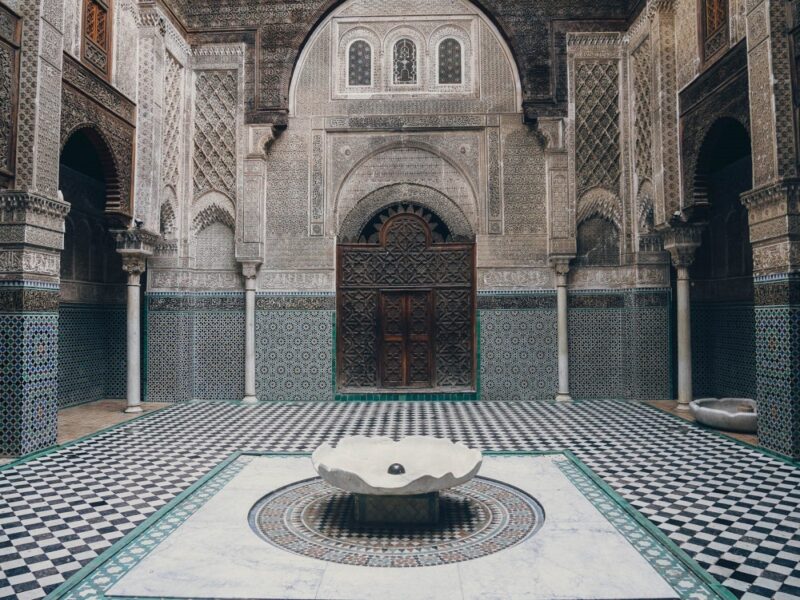
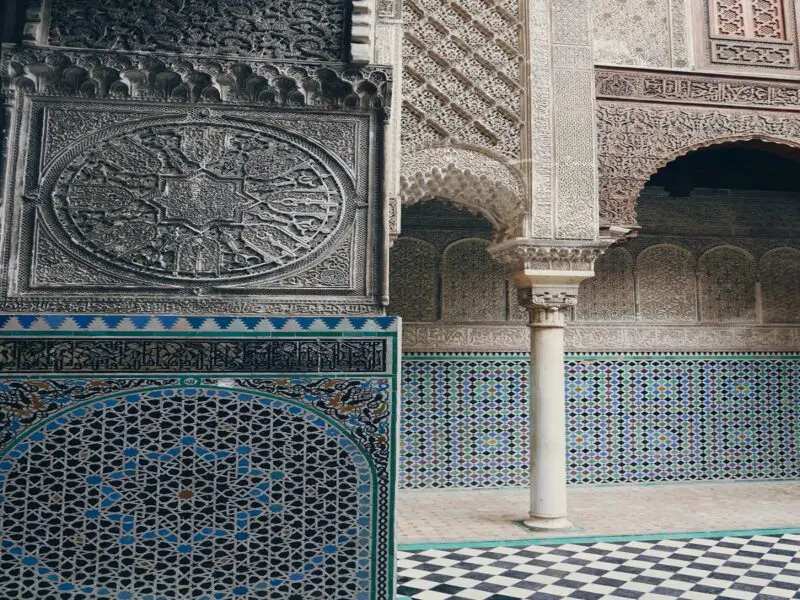
Al Attarine Madrasa takes its name from the neighborhood where it is located (Al Attarine, the spice sellers). The Marinid Abu Said Othman is the founder of this school between 1323 and 1325. Al Attarine Madrasa is a real jewel of Moroccan-scandalous architecture with decoration from the ground to the open roof. The vestibule of Madrasa leads to a rectangular courtyard lined with two side galleries. At the bottom, a monumental door connects it to the oratory. Two small doors in the entrance hall lead to one at the latrine, the other to the staircase upstairs.
The entrance to Al Attarine Madrasa is paid and costs just 20dhs (updated on 02.05.2022).
Bou Inania Madrasa
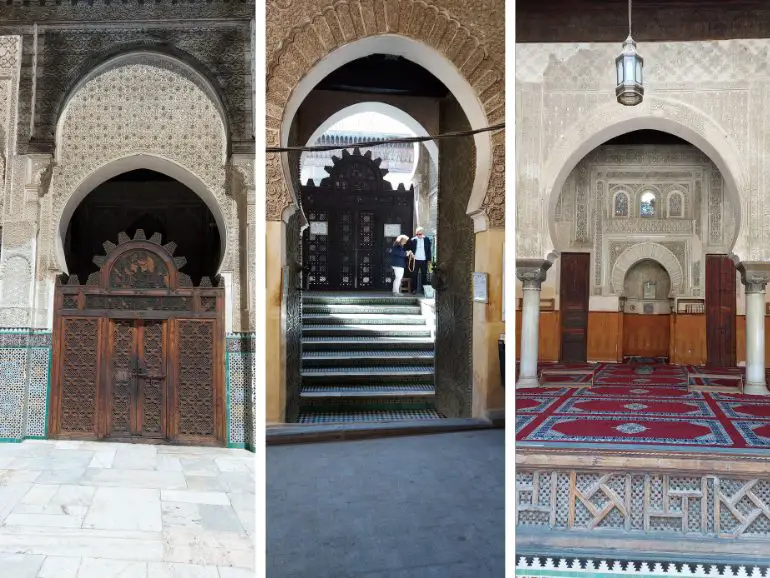
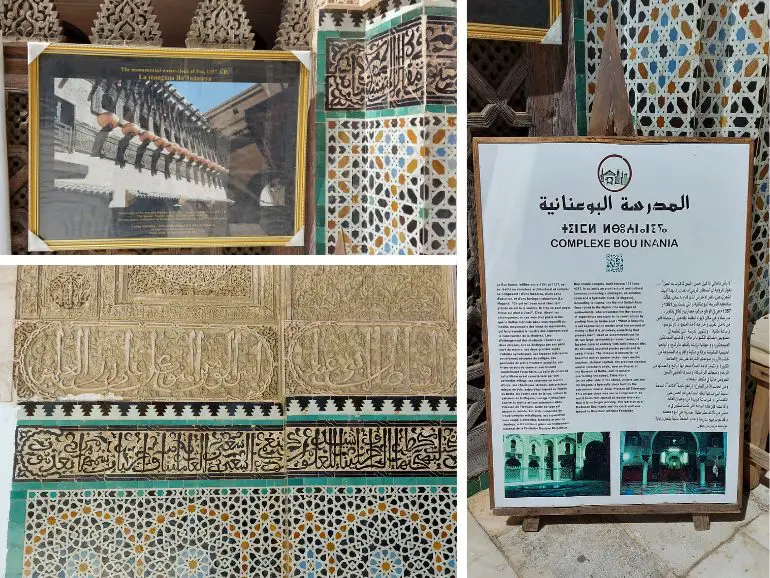
Bou Inania complex, built between 1351 and 1357, is actually an architectural and cultural complex containing a madrasa, an ablution room, and a hydraulic clock (La magana). The Madrasa Bou Inania has been restored thanks to the donation from the Benjelloun median foundation. The restoration lasted from November 1st, 1995 to October 17th, 2004.
The entrance costs 20dhs per person, 15dhs per person for a group of more than 10 persons and 5dhs for students.
North Borj (Fort)
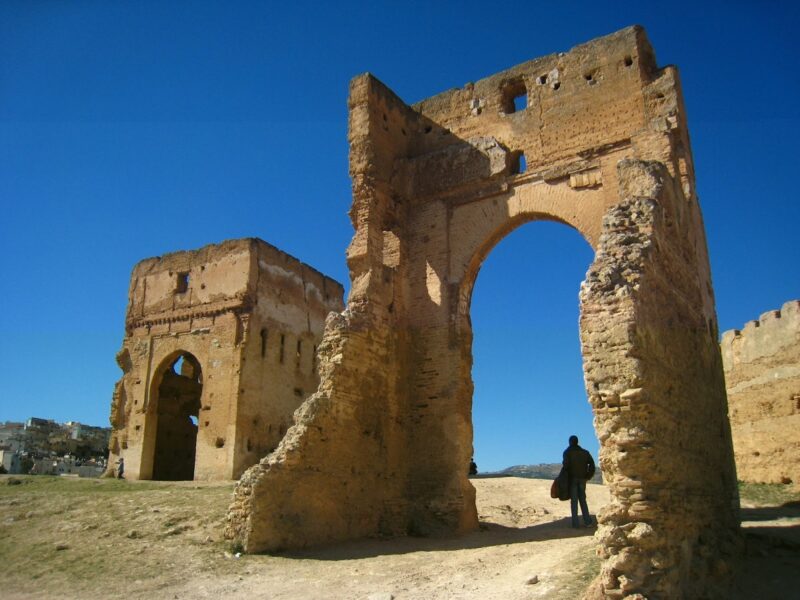
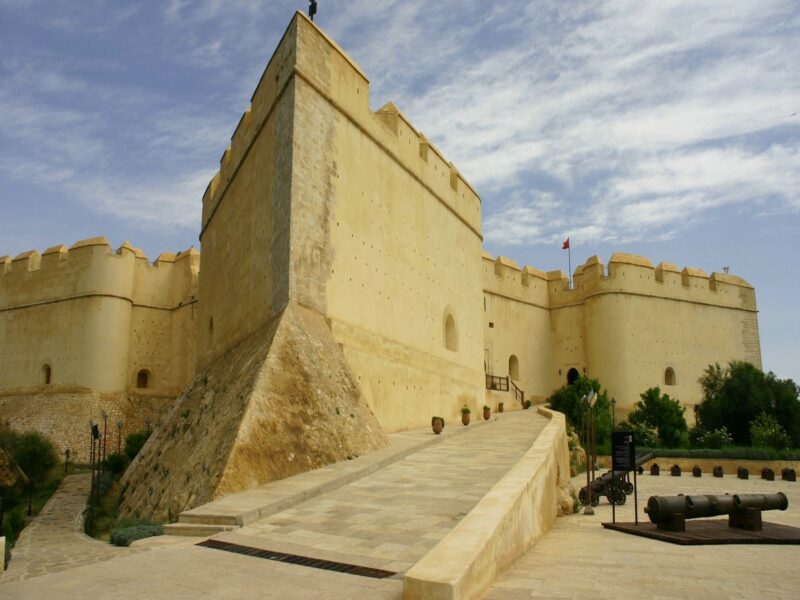
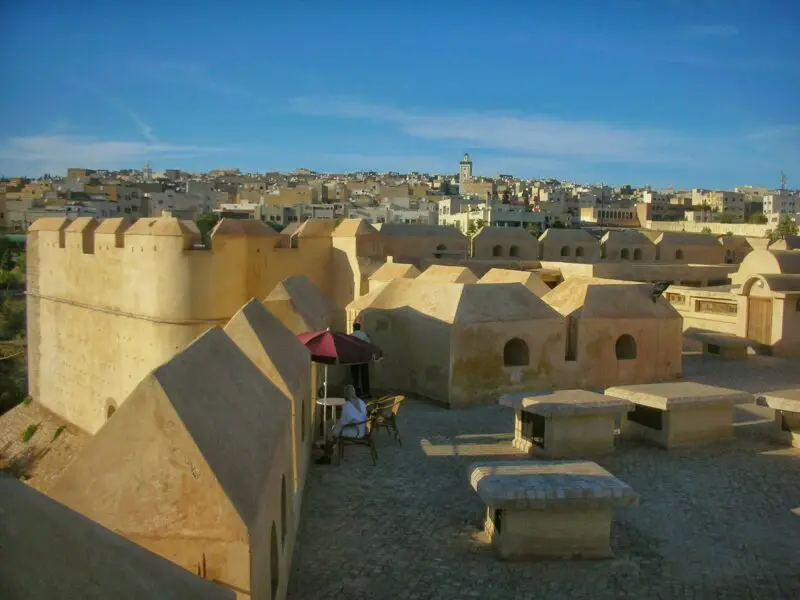
Inspired by the architecture of Portuguese fortresses of the 16th century, it was one of the largest surveillance posts in the city. Nowadays, North Borj houses the Museum of weapons dating back to prehistoric times to the present. Around North Borj, offering a breathtaking view of the old city, there is a place of prayer for Eid (celebration).
Jnan Sbil (Park)
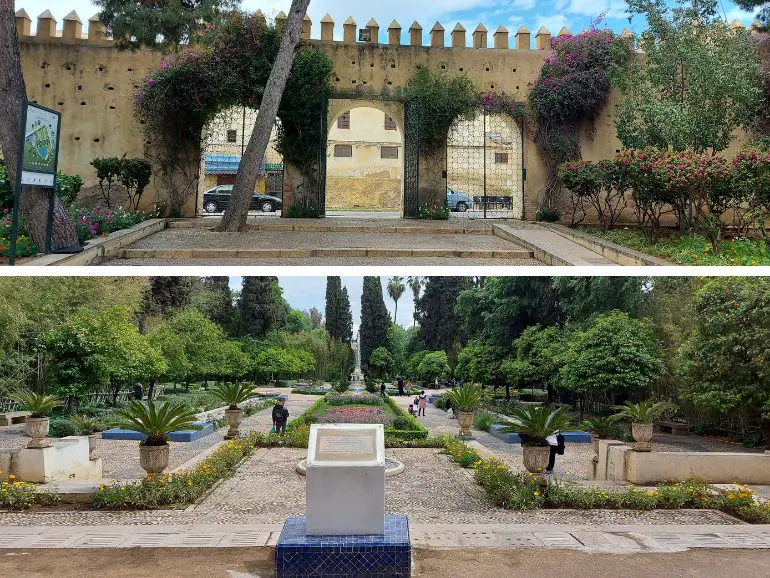
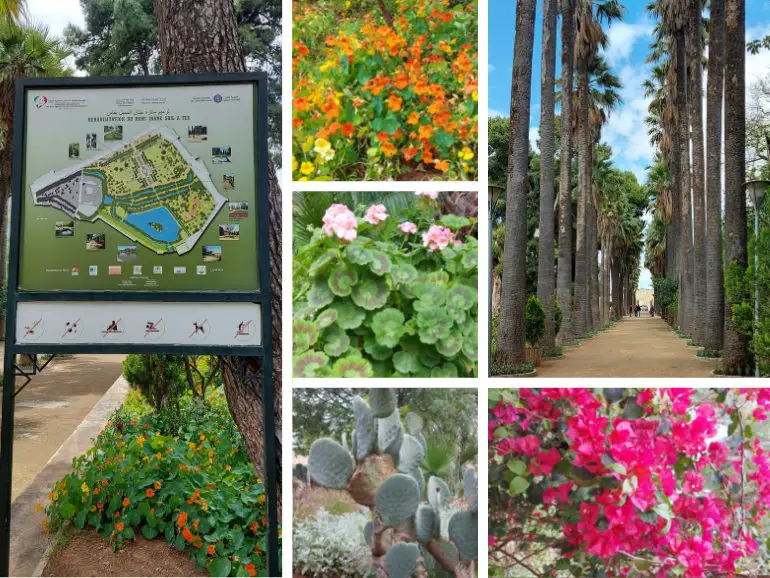
Around Fez
As a visitor of Fez, your eyes will immediately turn to the various doors that make up the walls. First, to the south, the southern fort (Borj-sud), offers a beautiful panoramic view once you reach its terrace. Then, near the Msallah mosque, you can walk around the potters quarter named Ain-Nokbi to discover the craftsmanship place. Throughout the city, visitors will linger in the Marinid tombs, enclosing the bodies of the rulers of this dynasty. In the north of Fez fortifications, you can visit the Museum of weapons exposing swords and firearms of the Middle Ages. Walking along the walls of the city, you can discover its architecture, traditions, and the remains of its history.
Moulay Yacoub Thermal Bath
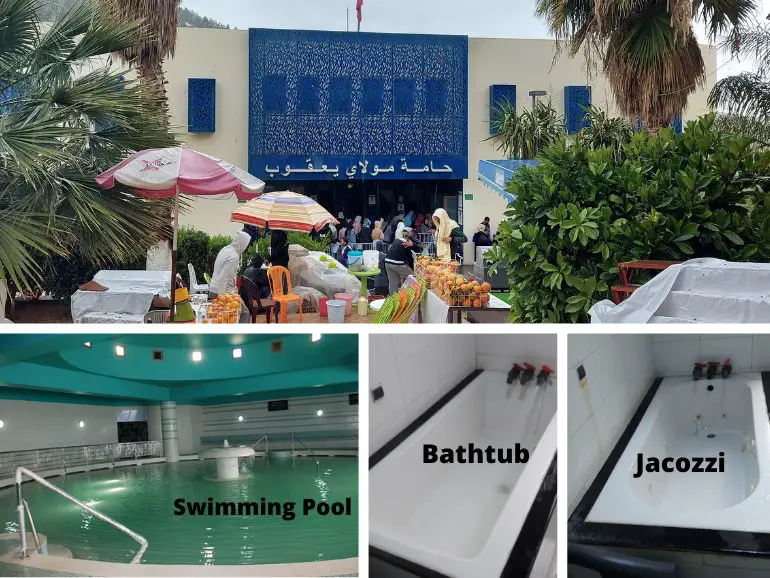
Enjoying a half-day trip from the imperial city of Fes to Moulay Yacoub thermal baths is a must as it’s proven that the hot springs water of the Moulay Yacoub town is good for health with some contraindications you need to know about. Moulay Yacoub is just 20km away from Fes city and you can get there by car, bus (5dhs) or a big taxi (12dhs).
How can I get to Fez?
Fez is served by trains, buses, taxis, and to get there, several solutions are available. You can go to Fez by train from:
- Marrakech: around 6h30min;
- Casablanca: from 4h to 4h30min;
- Asilah: from 3h30min to 4h;
- Tangier: from 3h to 4h30min.
In case you prefer the bus, CTM and Supratour are the best bus companies in Morocco and the most expensive (compared to the other companies which most of them are also good). So, if you take the CTM bus from:
- Marrakech: Count between 6h45min and 9h;
- Casablanca: Count between 4h45min and 5h10min;
- Chefchaouen: Count almost 4h by Supratour bus (Supratour depends on trains national company ONCF).

